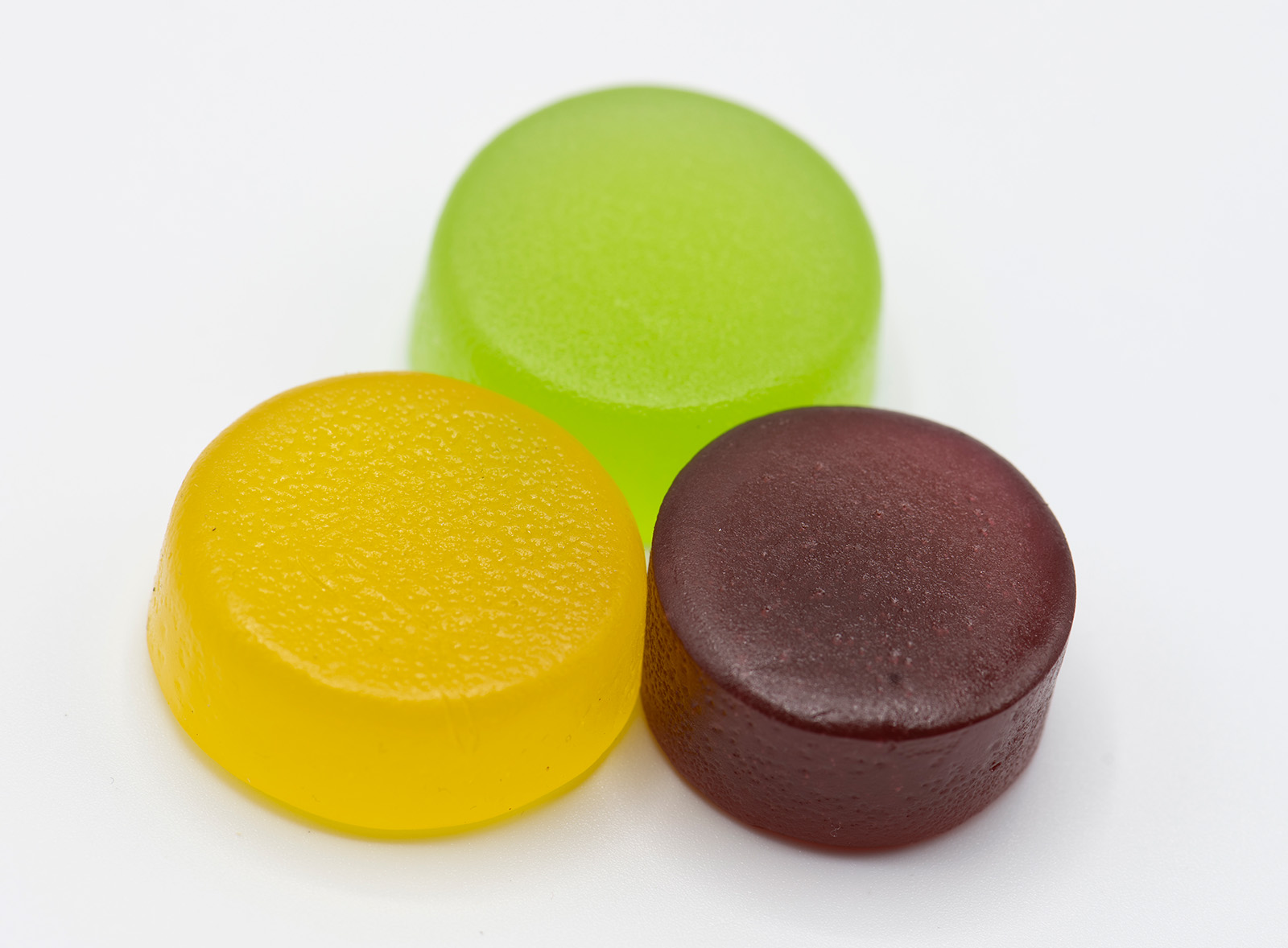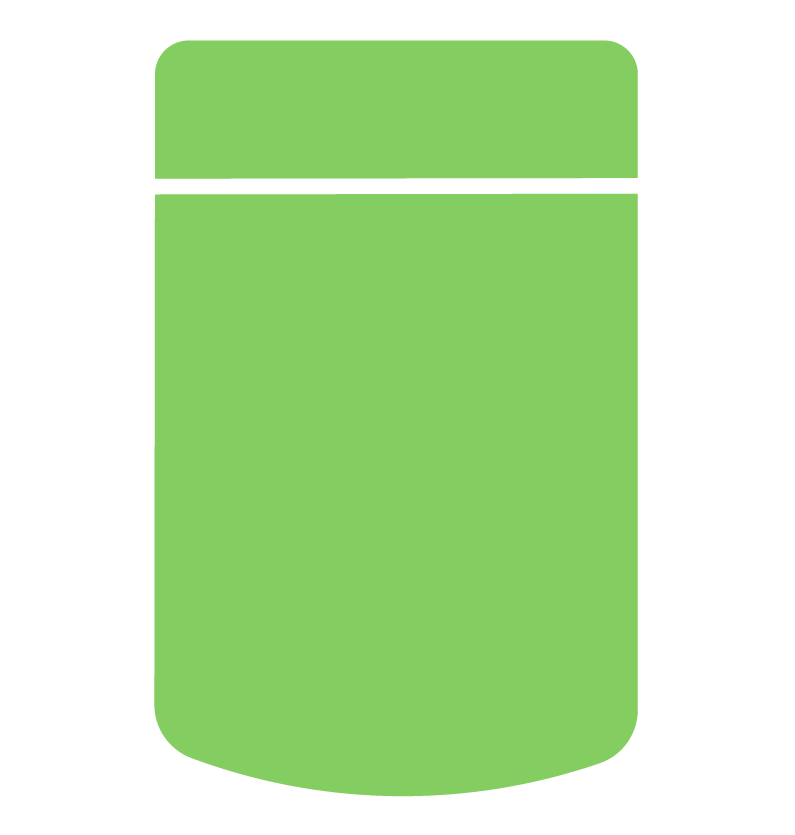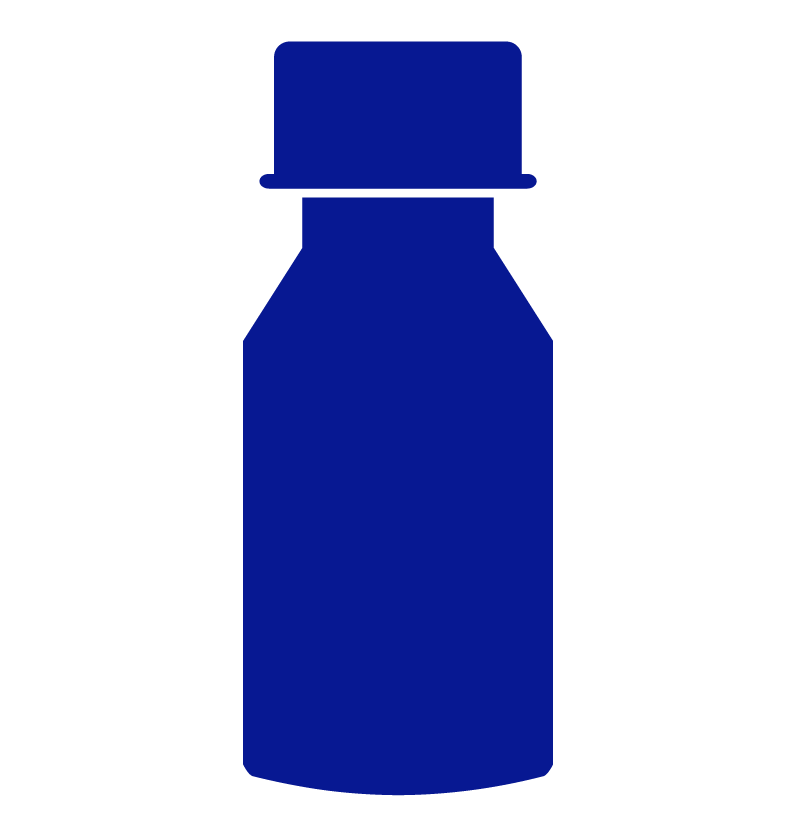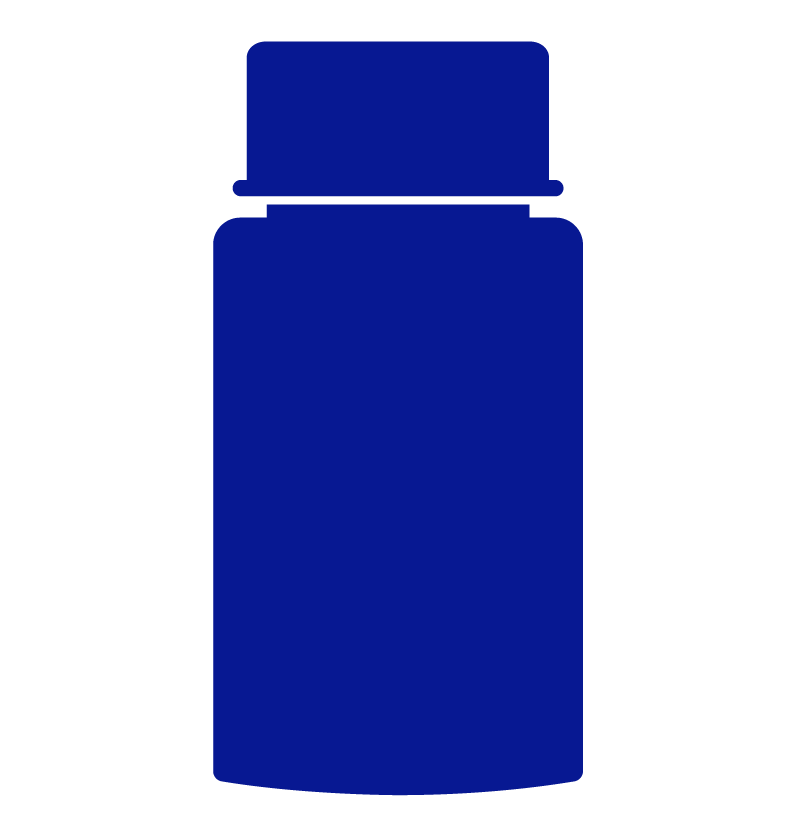Previous Article
Top Cannabis Products for Discretion
As a medical cannabis patient, one of your primary concerns might be finding ways to medicate discreetly. Whether you're managing pain, anxiety, or other conditions, it's important to have access to products and formats that are both effective and inconspicuous. At Starseed, we offer a variety of cannabis products designed for those who value privacy and convenience. Below, we highlight some of the best options for patients who want to medicate discreetly, without sacrificing quality.
Softgels
Why They're Discreet: Softgels are among the most discreet cannabis products on the market. They look like traditional supplements, making them perfect for taking in public settings without drawing attention. You can take them with water, and there's no odor or visible cannabis-related accessories involved.
Benefits for Medical Patients:
· Pre-dosed, ensuring consistent effects
· Long-lasting relief
· Easy to incorporate into daily routines, just like other medications
View Softgels
Cannabis Oil
Why They're Discreet: Cannabis Oils are another excellent option for patients seeking discretion. Packaged in small dropper or spray bottles, they can be easily added to food or beverages or sprayed directly into the mouth. There’s no need for inhalation, and don’t produce any odor.
Benefits for Medical Patients:
· Long-lasting effects
· Can be added to food or drinks for a virtually undetectable experience
· Easy to control dosage by adjusting the number of drops/sprays
View Cannabis Oil
Soft Chews
Why They're Discreet: Soft Chews provide a flavourful and discreet way to consume cannabis. These products resemble regular snacks and are odorless when packaged, making them ideal for carrying with you throughout the day.
Benefits for Medical Patients:
· Great for patients who prefer not to smoke or vape
· Long-lasting effects
· Easy to carry and consume without anyone noticing
View Soft Chews
Vapes
Why They're Discreet: Vape carts and pens are portable and designed to be discreet. They produce little to no smoke, and the vapor dissipates quickly, leaving behind minimal odor. Many vape pens are slim and resemble regular e-cigarettes, so they don’t draw much attention in public.
Benefits for Medical Patients:
· Quick onset of effects, ideal for breakthrough symptoms like acute pain or anxiety
· Portable and easy to carry in a pocket or bag
· Controlled dosing with pre-filled cartridges or pods
View Vapes
Transdermal Patches
Why They're Discreet: Transdermal patches provide a discreet, long-lasting method of delivery. Once applied to your skin, they release a consistent dose of cannabinoids over time, similar to nicotine or pain relief patches. No one will know you're using a cannabis product, as there’s no odor or visible consumption.
Benefits for Medical Patients:
· Steady, slow-release effects, ideal for systemic symptoms
· Easy to use and apply without any special equipment
· Can be worn under clothing without detection
View Patches
Topical Balms
Why They're Discreet: Cannabis-infused topicals are applied directly to the skin and can be used to target localized pain, inflammation, or skin conditions. Since these products do not produce psychoactive effects and have no odor once applied, they are an excellent option for patients who need discretion.
Benefits for Medical Patients:
· Non-psychoactive, so you can apply throughout the day
· Targeted relief for specific areas of pain or discomfort
· Convenient for use at home, at work, or on the go
View Topicals
At Starseed, we understand that discretion is important for many of our medical cannabis patients. Whether you're in social settings or simply prefer to keep your medication routine private, these products provide effective relief without drawing attention. From capsules to tinctures, we offer a range of formats to suit your lifestyle and medical needs. If you're unsure about which product is best for you, our Client Care Team is here to help. Feel free to reach out with any questions, and we’ll guide you in selecting the right cannabis products for discreet and effective treatment.
Next Article
Navigating Minor Cannabinoids: CBN, CBG, THCv, and CBC
When most people think about cannabis, they often know about the two main cannabinoids: THC and CBD. But cannabis is a complex plant with many other cannabinoids, each with its own unique effects. THCv, CBC, CBG, and CBN are lesser known “minor cannabinoids” that are becoming more present in the medical and recreational markets. Navigating between them all might seem tricky at first, but we have a few tips for making it easy.
What Are Cannabinoids?
Cannabinoids are natural compounds found in cannabis plants. These compounds interact with your body’s endocannabinoid system, which may impact things like mood, appetite, pain, and sleep. While THC and CBD are the most well-known cannabinoids, there are many others that may offer different benefits. Let’s take a closer look at some of these minor cannabinoids.
CBN (Cannabinol)
What is CBN? CBN is what THC turns into when it ages. It’s not as psychoactive as THC but may help with sleep - which is why our suite of NightNight products are CBN-focused.
Potential Effects:
• May improve sleep
• May act as a mild sedative
Remember This: CBN is known as the “sleep cannabinoid” and is often used to help with rest and relaxation.
CBG (Cannabigerol)
What is CBG? CBG is often called the “mother of all cannabinoids” because it is the building block for other cannabinoids like THC and CBD. CBG can be found in our Redecan Gems.
Potential Effects:
• May reduce inflammation and pain
• May help with digestive issues like IBD
• May support healthy eyes by lowering intraocular pressure (potentially helpful for diseases like glaucoma
Remember This: CBG is the “mother cannabinoid,” and it helps with inflammation and digestion.
THCv (Tetrahydrocannabivarin)
What is THCv? A cannabinoid similar to THC, but it works a little differently in your body. While THC is known for making people feel “high,” THCv may help reduce appetite and decrease inflammation.
Potential Effects:
• May reduce appetite (some call it the “diet weed”)
• May decrease signs of inflammation and inflammatory pain
• May help manage blood sugar levels
Remember This: THCv is like THC’s cousin that helps you reduce inflammation and won’t increase your appetite.
CBC (Cannabichromene)
What is CBC? CBC is a cannabinoid that doesn’t make you feel intoxicated. It’s being studied for its potential effects on inflammation and pain.
Potential Effects:
• May reduce pain and inflammation
• May support healthy brain function
• May improve mood and fight depression
Remember This: Think of CBC as the “wellness cannabinoid” that helps with pain and mood, without any psychoactive effects.
Tips to Remember the Differences
Here are some easy tips to keep these cannabinoids straight:
• CBN: Think “N” for night—it’s known for improving sleep.
• CBG: Think “G” for gut—it may help with digestion and overall wellness.
• THCv: Think “V” for variant with a vitality boost—it may trim hunger and calm inflammation.
• CBC: Think “C” for comfort—it may help with mood and inflammation.
Understanding the potential benefits of these minor cannabinoids can help you make informed choices about which products might be right for you. We believe in giving you the tools to better understand your health and wellness options. If you have any questions, don’t hesitate to ask one of our team members for more information.
This blog is for educational purposes only. Always consult with your Health Care Practitioner or contact us for more information.
Sources:
Russo, E. B. (2011). Taming THC: Potential cannabis synergy and phytocannabinoid-terpenoid entourage effects. British Journal of Pharmacology, 163(7), 1344–1364. https://doi.org/10.1111/j.1476-5381.2011.01238.x
Zou, S., & Kumar, U. (2018). Cannabinoid receptors and the endocannabinoid system: Signaling and function in the central nervous system. International Journal of Molecular Sciences, 19(3), 833. https://doi.org/10.3390/ijms19030833
McPartland, J. M., Duncan, M., Di Marzo, V., & Pertwee, R. G. (2015). Are cannabidiol and Δ9-tetrahydrocannabivarin negative modulators of the endocannabinoid system? A systematic review. British Journal of Pharmacology, 172(3), 737–753. https://doi.org/10.1111/bph.12944
Morales, P., Hurst, D. P., & Reggio, P. H. (2017). Molecular targets of the phytocannabinoids: A complex picture.
Schrot, R. J., & Hubbard, J. R. (2016). Cannabinoids: Medical implications. Annals of Medicine, 48(3), 128–141. https://doi.org/10.3109/07853890.2016.1145794
Bolognini, D., Costa, B., Maione, S., Comelli, F., Marini, P., Di Marzo, V., Parolaro, D., Ross, R.A., Gauson, L.A., Cascio, M.G. and Pertwee, R.G. (2010), The plant cannabinoid Δ9-tetrahydrocannabivarin can decrease signs of inflammation and inflammatory pain in mice. British Journal of Pharmacology, 160: 677-687. https://doi.org/10.1111/j.1476-5381.2010.00756.x
Noriko Shinjyo, Vincenzo Di Marzo, The effect of cannabichromene on adult neural stem/progenitor cells, Neurochemistry International, Volume 63, Issue 5, 2013, Pages 432-437, ISSN 0197-0186, https://doi.org/10.1016/j.neuint.2013.08.002.
Borrelli F, Fasolino I, Romano B, Capasso R, Maiello F, Coppola D, Orlando P, Battista G, Pagano E, Di Marzo V, Izzo AA. Beneficial effect of the non-psychotropic plant cannabinoid cannabigerol on experimental inflammatory bowel disease. Biochem Pharmacol. 2013 May 1;85(9):1306-16. doi: 10.1016/j.bcp.2013.01.017. Epub 2013 Feb 12. PMID: 23415610.
Nadolska K, Goś R. Mozliwości zastosowania kannabinoidów w leczeniu jaskry [Possibilities of applying cannabinoids' in the treatment of glaucoma]. Klin Oczna. 2008;110(7-9):314-7. Polish. PMID: 19112869.
Qin N, Neeper MP, Liu Y, Hutchinson TL, Lubin ML, Flores CM. TRPV2 is activated by cannabidiol and mediates CGRP release in cultured rat dorsal root ganglion neurons. J Neurosci. 2008 Jun 11;28(24):6231-8. doi: 10.1523/JNEUROSCI.0504-08.2008. PMID: 18550765; PMCID: PMC6670541.
Tomida I, Pertwee RG, Azuara-Blanco A. Cannabinoids and glaucoma. Br J Ophthalmol. 2004 May;88(5):708-13. doi: 10.1136/bjo.2003.032250. PMID: 15090428; PMCID: PMC1772142.
Wargent, E., Zaibi, M., Silvestri, C. et al. The cannabinoid Δ9-tetrahydrocannabivarin (THCV) ameliorates insulin sensitivity in two mouse models of obesity. Nutr & Diabetes 3, e68 (2013). https://doi.org/10.1038/nutd.2013.9
El-Alfy AT, Ivey K, Robinson K, Ahmed S, Radwan M, Slade D, Khan I, ElSohly M, Ross S. Antidepressant-like effect of delta9-tetrahydrocannabinol and other cannabinoids isolated from Cannabis sativa L. Pharmacol Biochem Behav. 2010 Jun;95(4):434-42. doi: 10.1016/j.pbb.2010.03.004. Epub 2010 Mar 21. PMID: 20332000; PMCID: PMC2866040
Maione S, Piscitelli F, Gatta L, Vita D, De Petrocellis L, Palazzo E, de Novellis V, Di Marzo V. Non-psychoactive cannabinoids modulate the descending pathway of antinociception in anaesthetized rats through several mechanisms of action. Br J Pharmacol. 2011 Feb;162(3):584-96. doi: 10.1111/j.1476-5381.2010.01063.x. PMID: 20942863; PMCID: PMC3041249
Valeri A, Chiricosta L, D'Angiolini S, Pollastro F, Salamone S, Mazzon E. Cannabichromene Induces Neuronal Differentiation in NSC-34 Cells: Insights from Transcriptomic Analysis. Life (Basel). 2023 Mar 9;13(3):742. doi: 10.3390/life13030742. PMID: 36983897; PMCID: PMC10051538.






